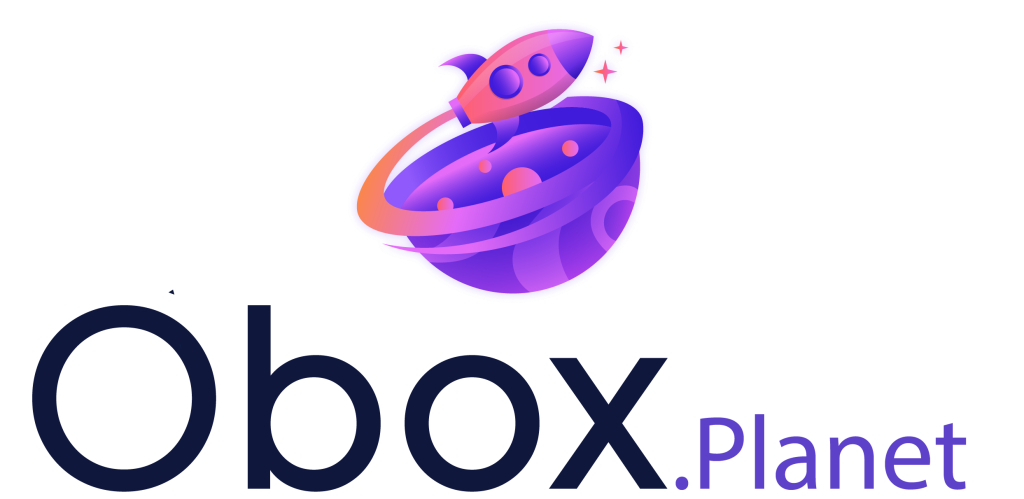D) Wealth creation
Wealth Creation
What do you think, would people on the OboxPlanet be 2, 5 or 20 times richer than on Earth today?
To make a qualified guess, it is necessary to realize just how much the states interfere in people’s daily lives. Every time the state keeps you from doing something – peacefully, of course – it diminishes your personal well-being, your personal welfare.
Let’s imagine a horse-cart driving up a hill. The horses represent all the peaceful actions of individuals, both alone and in cooperation with others and the progress up the hill is a measurement of the general welfare. State regulations like taxes and prohibitions hinder and slow down this progress. They are like weight on the cart. The greater the weight, the slower the progress, too much weight and the cart slides back down the hill. And one more thing: the stronger the horses, the greater the burden they can pull. While a 10% tax rate in 1750 was a deadly burden for many farmers, today, Western societies pull a burden of 50% and more.
On the OboxPlanet, there are no state burdens. We can only begin to fantasize how much faster it travels, i.e. how much richer the planets inhabitants are and just what that means.
To realize the extent of today’s state grip on our lives, let’s run through a typical daily routine. We turn off the alarm clock – powered by state produced electricity. We take a shower with state supplied water, heated by heavily regulated energy. We take our vitamin supplements which we had to smuggle across the border because they are illegal in our country. We eat breakfast, each food item – bread, butter, eggs, milk, sugar – heavily regulated and controlled, bread from subsidized wheat, a state licensed and controlled bakery with labeling and sales storage restrictions, sales taxes…. We then take public transportation to a workplace and if we work in a regulated industry like finances, every move, every contract, every product is handicapped by state regulations.
On plane o-box, everybody is working to produce something others willingly buy. There are no state employees harassing the producers. All the politicians, lobbyists, bureaucrats, tax collectors and auditors, generals planning and soldiers executing wars etc. etc. are busy producing goods people want. Finally, no borders means that on OboxPlanet the whole world is one great and unrestricted market, with maximum division of labor and production where it is optimally located, with huge efficiency gains in agriculture.
How much richer is OboxPlanet? Let’s look back at history. In 1800, most people lived on 1000 dollars per year or less, today’s dollars. Today, in many countries, people have 30 to 50 times more. What if you told somebody back then this would happen? Now, let’s give OboxPlanet a conservative 2% more growth and start this surplus growth in 1900. This would make its inhabitants more than 10 times richer than we are today.
What do the people on OboxPlanet spend this wealth on? They buy organic food at Harrod’s, wear solar powered Rolex watches, jet in first-class comfort to eco-adventure trips, volunteer for hatching elephant babies, play musical instruments, have plastic surgery, and of course spend much more for helping the less fortunate, the animals and the environment all over the planet.

The idea of 20 times more prosperity may seem unimaginable. Let’s revisit history for some perspective.
250 years ago, 90 percent of the English population, like the rest of the world, lived at subsistence levels, caught in the “Malthusian trap.” Good years saw population increases, while bad times – often associated with cold spells – led to starvation, illness, and population declines.
If you had told an Englishman from that time that, in 250 years, average income would be around 40 times higher, allowing for the purchase of exotic foods, the ability to travel in cars and planes for vacations, the advent of central heating, hot running water, electric light, and technologies like computers and cell phones, it would have been beyond their imagination. Today, these aspects are considered normal.
While the quantity of goods has reached saturation in many places, there is still an almost infinite potential for spending on quality. People today prioritize experiences and the environment. The focus has shifted from material possessions to the quality and sustainability of goods. The possibilities for spending more income are vast. We can contribute to a better environment, support animal-friendly meat production, invest in space travel, support less fortunate people and, notably, fund life-prolonging measures and advanced technologies like stem cell cures and wellness programs. The potential for improved quality of life and advancements in various fields is vast and continually expanding.
On the OboxPlanet, many individuals have chosen their professions with a focus on deriving enjoyment, allowing some to work only a few hours a week, even in old age. This suggests that we can anticipate maintaining resourcefulness in both the production and consumption of wealth.
How can a planet cope with such wealth growth?
Contrary to concerns about the planet coping with increased prosperity, evidence on Earth indicates that rising prosperity in Western countries is associated with decreasing resource consumption. Many of us are aware of personal investments that could reduce our resource consumption while preserving our comfort.
In conclusion, the OboxPlanet is not only wealthier but also cleaner and more environmentally friendly. This aligns with the understanding that increased prosperity doesn’t necessarily lead to a proportional increase in resource consumption; instead, it often fosters a more sustainable and environmentally conscious way of life.

What experiences on Earth, past and present, help us understand life on the OboxPlanet?
The claim is that more freedom leads to more prosperity and vice versa. Let’s look at the earth and some global illustrations.
First example, comparing economic freedom and income.
The economic freedom indicator, while not perfect, does indicate an overall burden on a society. When we compare the difference in freedom with the difference in income of all the countries on Earth, the connection is overwhelmingly clear. The lowest freedom quartile gets 6500 Dollars per capita and. per year, the highest quartile 48000 Dollars. (Economic Freedom of the world, 2022 Report, World Bank)
Second example, East and West Germany.
In 1945, after loosing the second World War, Germany was divided into four parts. In 1948, the Sovjet, communist sector became East Germany and in 1949, the tree western sectors became West Germany. It was almost like a social laboratory experiment in history. Both countries started at the same level. Both were war-torn, with many cities destroyed, and widespread hunger. Both had similar populations, histories, character traits, and natural resources.
East Germany established a regime based on the communist ideal, with maximum state control and planning. West Germany started out with a relatively lean and non-interventionist state. The differences between the two were dramatic. East Germany stagnated, and its population suffered under harsh controls and travel restrictions, lacking basic commodities until its dissolution 40 years later. Meanwhile, West Germany enjoyed the “Wirtschaftswunder,” or economic miracle, with huge growth rates that made it one of the wealthiest countries on earth within 20 years.
Third examples, the United States compared to the OboxPlanet.
To get an idea of how much richer the OboxPlanet is, it is important to realize that the relatively free countries above are in fact extremely heavily regulated. Here we see that even in the United States, the total expenditures on the federal, state and community level hovers around 50% of all the wealth produced.

Now it is your turn:
how would you spend two times more income? How about ten times more? Where would you live, where would you shop, where would you go on vacation, whom or what cause would you support?
Things we could learn and implement from the OboxPlanet:
Privatize everything. Deregulate, decentralize, let regions and cities break free, become independent.
Illustrations
John Stossel A Tale of Two Camps
https://youtu.be/RaWp7g7Y1os
The Fight Against Food Trucks

